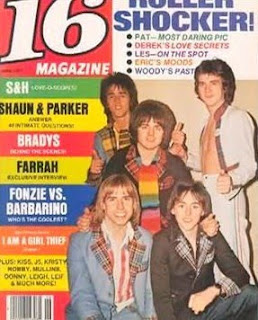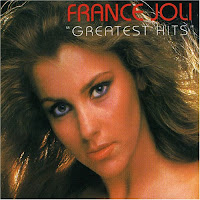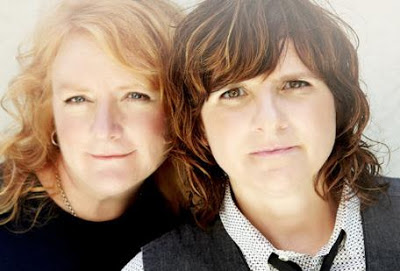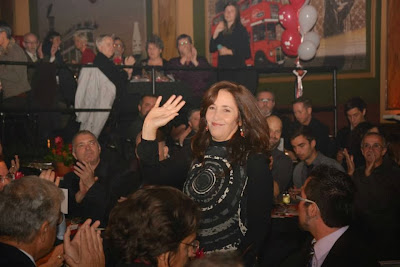 |
| Mariela Castro received the international Grand Prix award at the Gala Arc-en-Ciel in Montreal (photo by Andre Querry) |
Bugs' sit-down one-on-one interview with Mariela Castro originally ran in Daily Xtra
Mariela Castro, the daughter of Cuban President Raul Castro and the niece of former president Fidel Castro, was in Montreal recently to accept an award for her work promoting the civil rights of LGBT people in Cuba.
 |
|
Mariela Castro (Photo courtesy
Conseil Québécois LGBT)
|
“I am honoured to receive this award, which I dedicate to my mother, feminist and revolutionary Vilma Espín, who, since the first years of the Cuban Revolution, defended the rights of historically marginalized social groups in colonial and neo-colonial-dominated Cuba,” Castro told Xtra. “I also accept this prize as recognition of the work of those working with me, who have greatly contributed to our work at the Cuban National Center for Sex Education (CENESEX).”
Castro is a sexologist and the director of CENESEX. Since 2004 she has been the driving force lobbying for healthcare for transsexuals in Cuba and in 2008 won approval from the public health ministry to offer free sex-reassignment operations to Cubans. Castro is also president of the Cuban Multidisciplinary Centre for the Study of Sexuality, president of the National Commission for Treatment of Disturbances of Gender Identity, member of the Direct Action Group for Preventing, Confronting and Combating AIDS, and an executive member of the World Association for Sexual Health.
Along the way she has publicly advocated for same-sex unions in Cuba, and her organization CENESEX has given sensitivity training to Cuban police and continues to campaign for effective HIV/AIDS prevention.
“Just because someone is not heterosexual does not make them any less human,” she says.














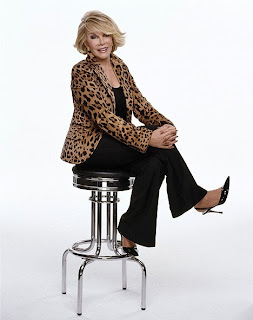
_1.png)




